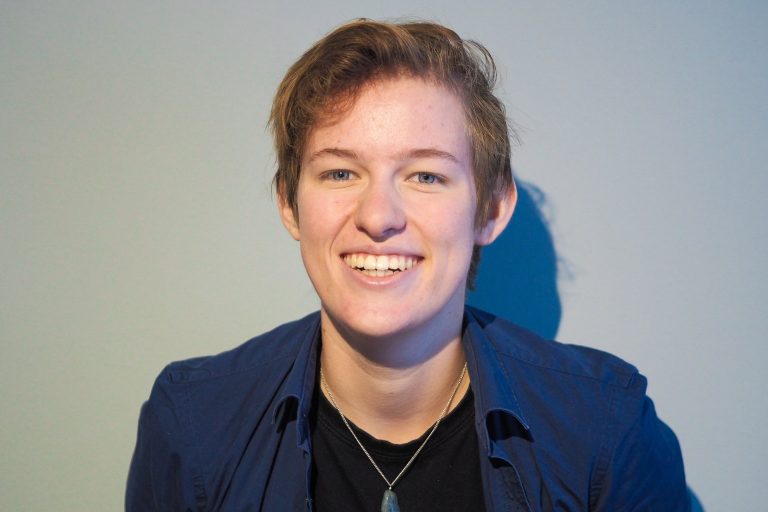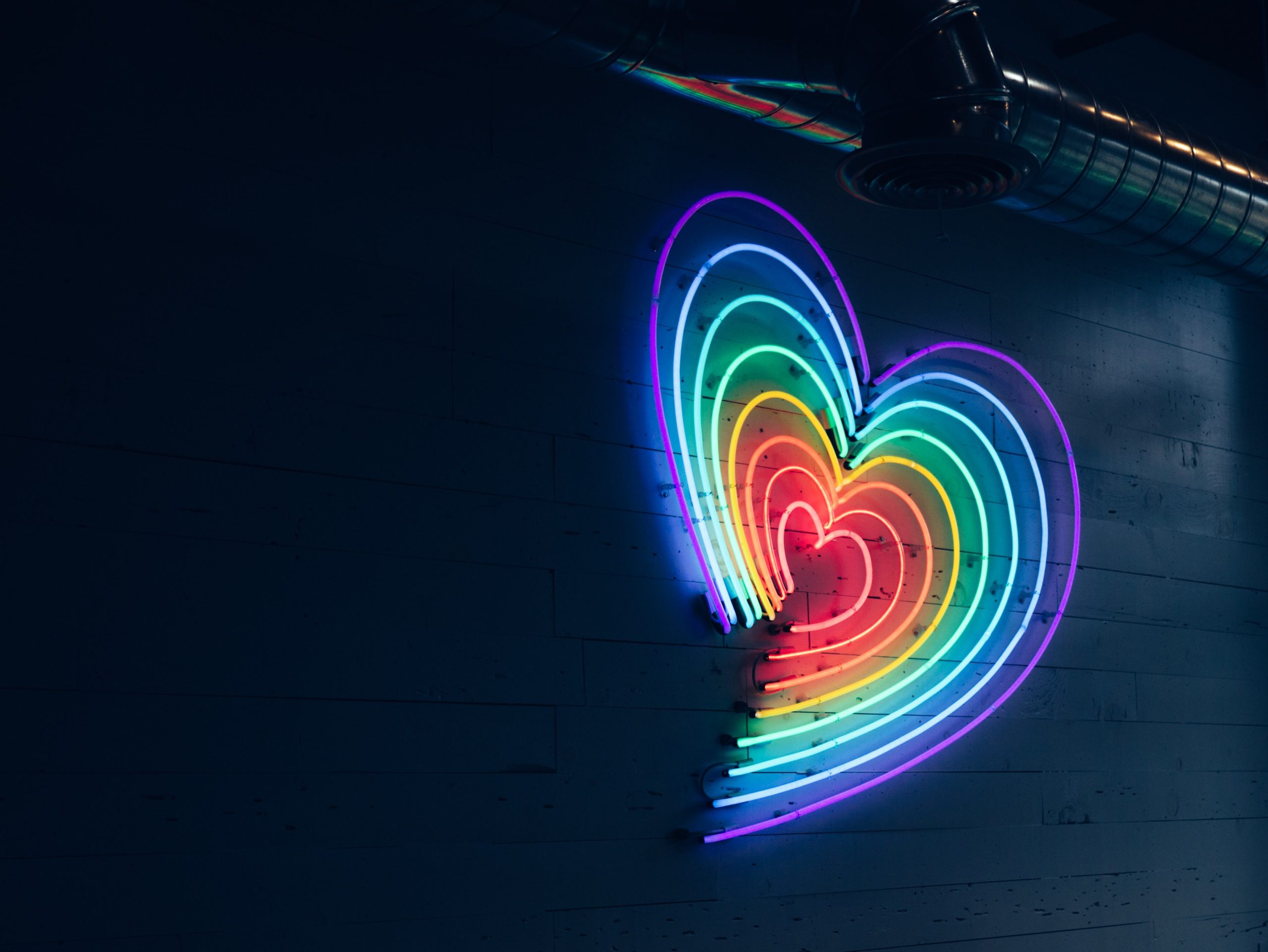With Coming Out Day approaching, two TU Delft students and one teacher talk about their coming out and how important it is to be visible and have open discussion with others.
(Photo: Jiroe / Unsplash)
The annual international Coming Out Day on 11 October draws attention to LGBTQ+ people who openly come out for their sexual orientation or gender identity.
At TU Delft, Outsite, DWH and True U are organising various activities. With this year’s ‘Coming Out: It’s not black and white’ theme, more attention is paid to LGBTQ+ people in minority groups. To help increase the visibility and acceptance of the LGBTQ+ community, students Eva Pelk and Musy Ayoub and teacher Cecile Kalis talk about their coming out.
- “I think that it’s healthier for us all if diversity would be celebrated and valued more. And that applies to the ‘ordinary’ heterosexual too. If such a thing exists.” Read the story of teacher (Architecture and the Built Environment) and chairman True U, Cécile Calis.


“Coming out of the closet as a bisexual was fairly easy. When I was 16 I was attracted to a girl and I told my best friend the next day. My mother found out when we went to a BBQ with a group of friends. To her it was just a random group of people so she asked us how we all knew each other. “That’s the group of gays,” I said. She had to get used to the idea as before that I had only had boyfriends.
But coming out as non-binary was and still is more difficult. Many people have never heard of non-binary – you are neither male nor female. I too had to first find out what I felt most comfortable with and I found this out during my second year when I become a member of Outsite. I met more people who were thinking about their gender. I shared my feelings with them, such as about the use of the Dutch personal pronouns hen and hun which I thought sounded rather distant. Then at a congress I heard someone using die and diens. The penny dropped and I realised that this is what I felt comfortable with. So I now use these personal pronouns.
- “If there are no role models for me, I will have to be the role model for others.” Also read the story of computer science engineering student, Musy Ayoub.
It can be tricky in everyday life. For example, which toilet should I use or what kind of clothing should I buy? I am not really out as non-binary at TU Delft. What makes it hard is that I don’t know if people even know what non-binary is or if I have to start by explaining the whole concept of gender. You are always in a position of asking people to understand. I don’t need to explain about being bisexual, but I would like people to see me as non-binary and address me as such. It is still even hard for my mother. She asked me if she should then not refer to me as her ‘daughter’. She is doing her best. She recently apped me as ‘my child’.
Apart from Outsite I am also a member of Groover and DSB. I told a few people there. If you explain, people often find it logical, but not everyone understands it. I appreciate it if people at least try to use the right pronouns and I don’t mind at all if they get it wrong. But I have had negative responses occasionally too. Someone once said that “there are only two genders” and someone else said “I will try to understand, but you shouldn’t exaggerate”. If the people who respond like this are the people who are close to you, it comes across really hard.
The best tip that I can give people in the same situation is to only tell the people with whom they feel comfortable first. You don’t have to come out of the closet to everyone at the same time.”
- Read more about the activities that Outsite, DWH and True U are organising around Coming Out Day 2020.
Do you have a question or comment about this article?
m.vanderveldt@tudelft.nl


Comments are closed.